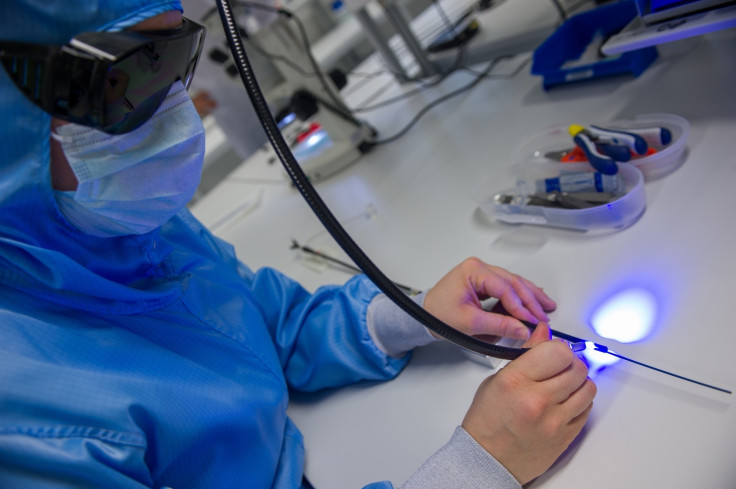New AI-powered system created by Japanese researchers can detect bowel cancer in less than a second
The AI only needs to look at endoscopic pictures of the tumour to make a diagnoses with 94% accuracy, say researchers.

A powerful artificial intelligence (AI)-powered system can detect bowel cancer in less than a second, according to researchers from the Showa University in Yokohama, Japan.
Bowel cancer that this AI has been trained to detect is one that develops from colorectal adenomas- tumours that grow in the bowels. It was trained using over 30,000 enlarged endoscopic images, says a report by ZDNet.
After analysing 250 patients and 300 colorectal adenomas, the AI was able to guess, with a 94% accuracy, the malignancy of tumours in under a second, claims the research team.
Dr Yuichi Mori, the leader of the study, said that "the most remarkable breakthrough with this system is that AI enables real-time optical biopsy of colorectal polyps during colonoscopy, regardless of the endoscopists' skill."
A paper with these findings was presented at the United European Gastroenterology Week in Barcelona, Spain.
However, this method to spot tumours is yet to receive regulatory approval, notes the report. Mori believes that it could prevent needless surgery for several patients.
"We believe these results are acceptable for clinical application and our immediate goal is to obtain regulatory approval for the diagnostic system," he added.
This could mean that a system powered by this AI could give a real-time cancer diagnosis as soon as the endoscope gets a good look at a tumour. Patients might not have to wait for a few days for biopsy results to return from the lab to know if they have cancer or not.
It is not clear if the same AI could be trained with other types of cancer using just images and other scanning methods.
However, using AI to spot cancer is not an entirely new idea. Earlier this year, a team from the University of Warwick started to create a repository of images of known tumours and immune cells based on thousands of human cells and types. They, along with UK's National Health Service, have also started working on a cancer detection AI. This team is working on lung cancer.
An Australian team from the Commonwealth Scientific and Industrial Research Organisation was also reported to have started work on an AI that can search for and find angiogenesis –a process through which new blood vessels are formed– that could lead to the growth of cancer cells.





















